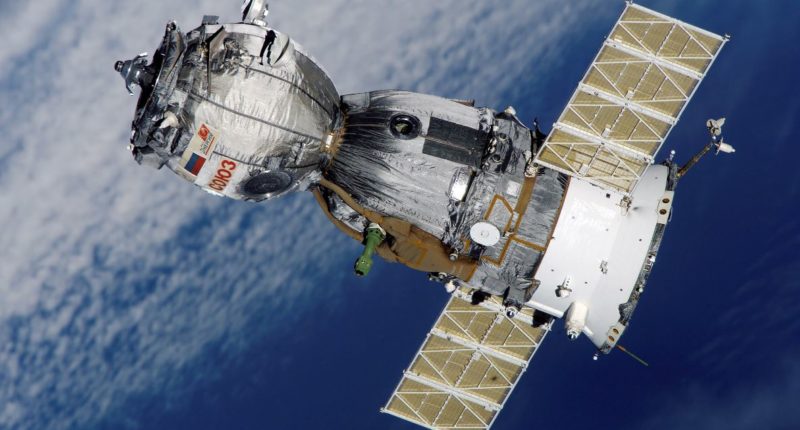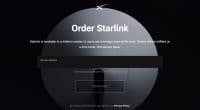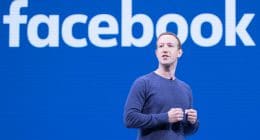More than seven months after it successfully reached orbit and launched ten NASA satellites into space for the first time, Virgin Orbit, the satellite launching service by billionaire Richard Branson’s Virgin Galactic, has announced that it would be going public by taking the SPAC route and merging with NextGen Acquisition Corp. II, a special purpose acquisitions company (SPAC). The combined enterprise, which will be listed on the NASDAQ under the ticket VORB, will be valued at $3.2 billion.
The deal with the SPAC includes a PIPE (private investment in public equity) of $100 million from names such as Boeing Co and AE Industrial Partners., and is set to provide Virgin Orbit with $483 million in cash.
Also known as blank-check companies, SPACs use the capital they raise through an IPO to merge with a private firm and take it public. In this case, the private firm is Virgin Orbit. NextGen Acquisition is co-led by George Mattson, who was also associated with Goldman Sachs’ global industrials group at a time, and Gregory Summe, former PerkinElmer chairman, and CEO.
This was not a surprising development, as a CNBC report in June had first brought the deal to light.
Virgin Galactic made the headlines in recent times after it flew Branson and his crew to space and back (a feat that was equaled by Bezos later on). Virgin Orbit is a spin-off of Virgin Galactic and unlike the conglomerate, which flies people to suborbital space, it is tasked with the transportation of small satellite payloads to low Earth orbit.
Led by former Boeing executive Dan Hart, Virgin Orbit launches its LauncherOne rockets using a modified Boeing 747 aircraft, which “air launches” it to nearly 45, 000 feet in the air and drops them just before the rockets fire their engines. Its subsidiary VOX Space LLC provides launch services to the US military.
The SPAC route has been one of the most favored routes for space start-ups to go public, as evident from Rocket Labs’ case.





